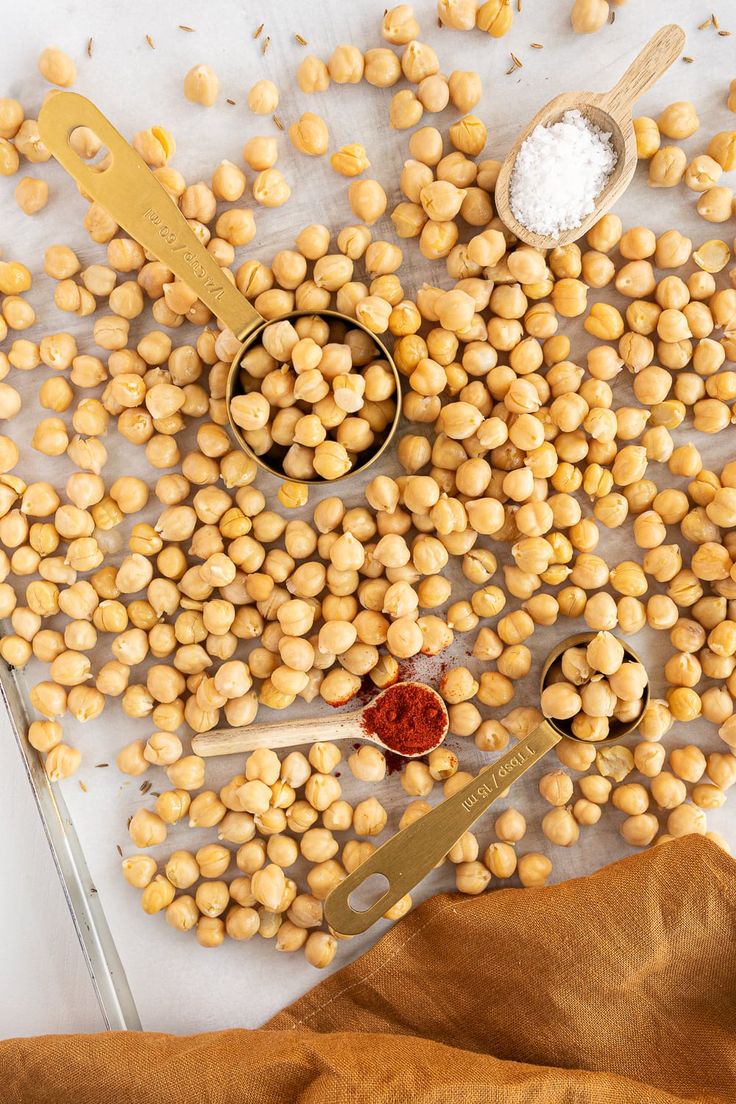Categories
The latest content
-

Customs Clearance & Import Regulations for Bulk Iranian Pinto Beans in EU, Middle East & Africa
..
-

Quality Control & Laboratory Testing Standards for Iranian Pinto Beans
..
-

Logistics & Shipping Solutions for Bulk Iranian Pinto Bean Exports
..
-

Minimum Order Quantity (MOQ) & Bulk Pricing for Iranian Pinto Bean Buyers
..

Tags
Required Certifications for Exporting & Importing Iranian Chickpeas (ISO, HACCP, Organic, Halal)

The global trade of Iranian chickpeas has grown rapidly in recent years, thanks to their high nutritional value, exceptional taste, and versatile applications in food industries. However, exporting and importing this premium legume involves more than just quality and price, it requires strict compliance with international certification standards.
In this article, we’ll explore the most important certifications every exporter and importer of Iranian chickpeas should be familiar with to ensure a smooth, legal, and trusted trade experience.
1. ISO Certification: Ensuring Global Quality Standards
ISO (International Organization for Standardization) certification is one of the fundamental requirements for food exports.
For chickpea producers and exporters, ISO 9001 (Quality Management System) and ISO 22000 (Food Safety Management System) are particularly essential.
These certifications guarantee:
• Consistency in product quality
• Traceability from farm to shipment
• Systematic risk management in processing and packaging
Holding an ISO certificate not only builds confidence with international buyers but also facilitates customs clearance in countries with strict import regulations.
2. HACCP Certification: Food Safety First
HACCP (Hazard Analysis and Critical Control Points) is a globally recognized food safety system that ensures chickpeas are handled, processed, and packaged under hygienic and controlled conditions.
For exporters, HACCP certification demonstrates that your supply chain identifies and prevents contamination risks, covering:
• Proper cleaning and sorting of chickpeas
• Monitoring of temperature and humidity during storage
• Safe transportation and handling procedures
Importers, especially in the EU and Middle East, often demand HACCP-compliant suppliers to ensure their consumers’ health and brand reputation.
3. Organic Certification: Meeting the Global Demand for Natural Foods
The demand for organic chickpeas has increased significantly in markets such as Germany, France, the UK, and Japan.
Organic certification ensures that the chickpeas are grown without chemical fertilizers, synthetic pesticides, or genetically modified seeds (GMOs).
Exporters seeking to sell in organic markets must obtain certification from an accredited authority, such as:
• EU Organic (Europe)
• NOP (USDA – National Organic Program, USA)
• JAS (Japan Agricultural Standards)
This certification adds strong market value and attracts premium buyers willing to pay higher prices for verified organic goods.
4. Halal Certification: Essential for Islamic Markets
Halal certification is a crucial requirement when exporting Iranian chickpeas to Muslim-majority countries such as Saudi Arabia, UAE, Indonesia, and Malaysia.
This certification confirms that the chickpeas have been produced and processed in accordance with Islamic dietary laws, ensuring no contamination with non-halal substances.
Tamila Agrifood ensures full compliance with Halal standards through certified suppliers and transparent documentation, enabling smooth export to Middle Eastern and African destinations.
5. Additional Certificates Supporting Global Trade
In addition to the four main certifications above, successful exporters often prepare supplementary documentation such as:
• Phytosanitary Certificate (proof of pest-free shipment)
• Certificate of Origin (confirming product origin, Iran)
• Laboratory Test Reports (for moisture content, purity, and aflatoxin levels)
• Health Certificate (issued by Iran’s agricultural or food safety authority)
Having these ready streamlines the customs process and boosts buyer confidence.
Tamila Agrifood: Certified, Reliable, and Global
At Tamila Agrifood Company, we take pride in offering fully certified Iranian chickpeas that meet ISO, HACCP, Organic, and Halal standards.
Our products are sourced from the fertile farms of Kermanshah and North Khorasan, carefully cleaned, graded, and packaged to meet the highest export requirements.
Whether you are an importer in Europe, Africa, or the Middle East, our team ensures compliance, documentation, and timely logistics, so your trade journey remains efficient and transparent.
Partner with Tamila Agrifood Today:
✔ Certified Quality (ISO, HACCP, Organic, Halal)
✔ Fast Customs Clearance Support
✔ Consistent Bulk Supply & Competitive Prices
✔ Trusted by Buyers Worldwide
Contact us today to receive full certification details and a custom quotation:
Email: tamilaagrifood@gmail.com
WhatsApp for Quotations & Inquiries: +989141858935



